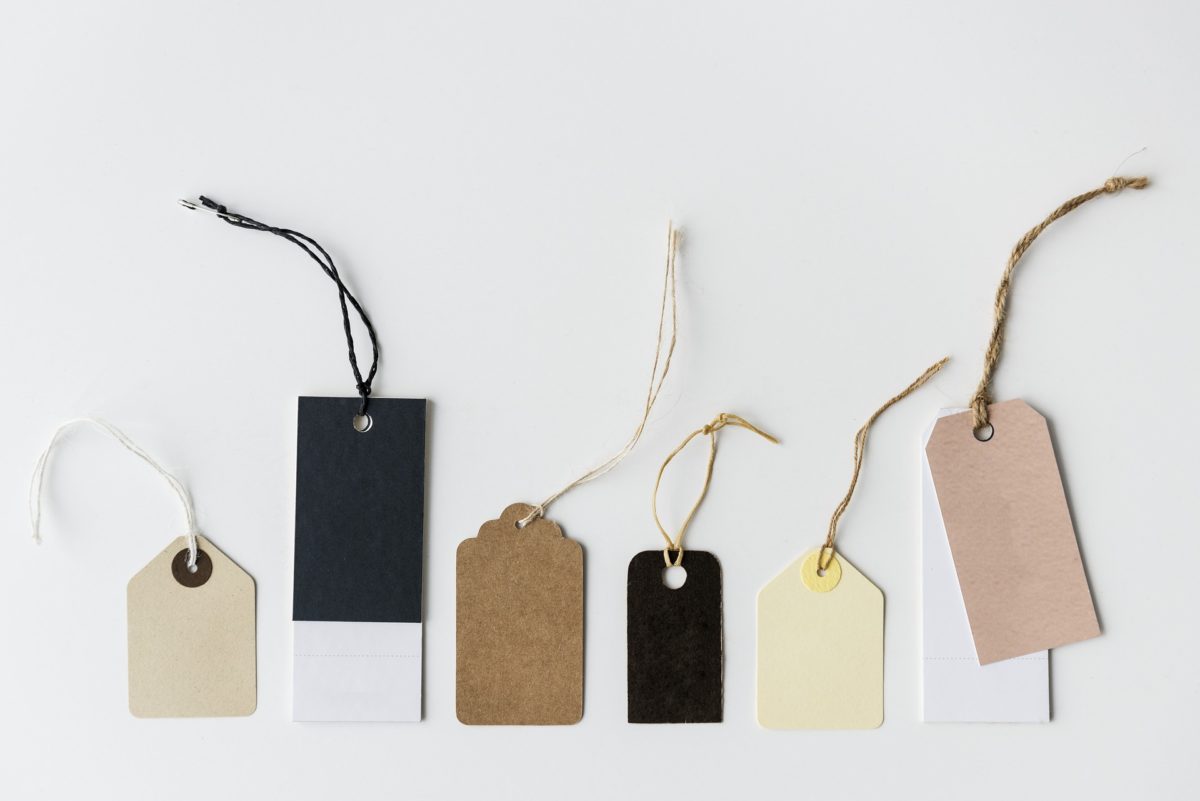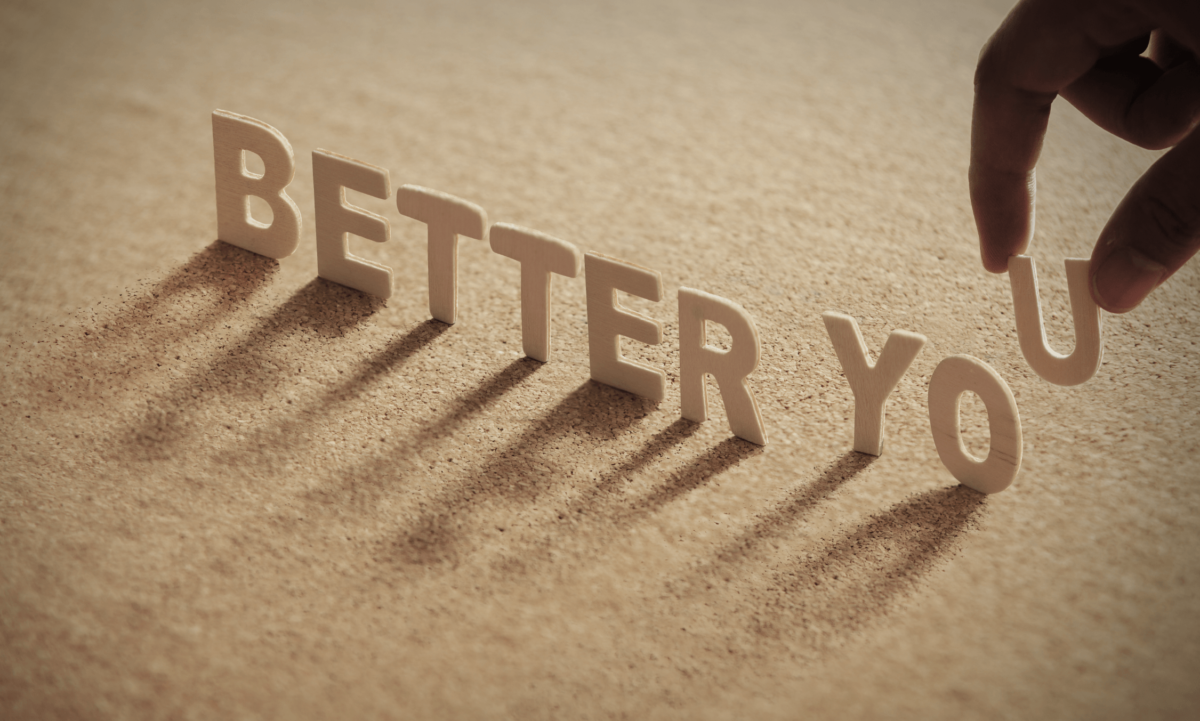Have you noticed a lack of civility in conversations in our country, or that there is a growing political divide? Well, Craig Freshley has; and he decided to do something about it. Freshley is the founder of Make Shift Coffee House which he describes as “a place for people to talk with each other in person, about political issues, with live music and good food.” To date, Freshley has facilitated 34 coffee houses; the theme for discussion at the coffee I attended last night was labels.
We’ve all used labels to describe ourselves and others. The discussion was geared to address the up and downsides of using labels. I must admit I walked into the room with my own view of labels – I’ve written about that view before. I find labels dangerous territory.
As I looked around the room, I couldn’t help but wonder:
What prompted these attendees to sit in a conference room on a beautiful summer evening in Southern Maine?
What were they hoping to gain from the coffee house?
Were they feeling?
Angry
Curious
Hopeful
Nervous
I don’t know. I could make some assumptions. Labeling people would allow me to put them into boxes and compartmentalize. And discount. And discard. I could have turned to those I believe hold similar views. And that would defeat the purpose of showing up at the Make Shift Coffee House, wouldn’t it? So…I followed instructions and sat at a table where I didn’t know anyone.
We chatted for a few minutes and then Freshley got to work. He opened the meeting asking for someone to volunteer to share a story – no problem here. Two hands shot up and the conversation never lulled for the rest of the evening. Labels going back to childhood, labels springing up as the political divide grows, each label hurtful, and today labels being used as weapons. A couple of people proposed suggestions as to how we might engage in conversation rather than respond with a knee-jerk reaction.
Freshley then wrapped up the discussion (no easy task here) and asked that we talk a bit more with tablemates, find someone from another table whose political affiliation or opinion was different from our own, and engage in conversation and listen.
Simple words: engage in conversation and listen. L I S T E N – don’t prepare our own response while someone’s talking; put our focus on what the other person is saying. Hmmm…interesting concept.
The skeptics might ask:
What difference does one conversation make?
What difference does one coffee house gathering make?
The hopeful might respond:
That one conversation can lead to one person understanding another’s point of view, which can lead to another conversation and deeper conversations.
That first coffee house has led to 33 more, with additional gatherings scheduled.
Doing nothing results in the same uncivil conversations that aren’t serving any of us well.
Check out the upcoming schedule of events and take the time to attend, participate in a conversation or two, or volunteer.
Thank you, Craig Freshley, for starting and continuing the conversations we need to have to understand each other and move forward in a positive fashion.






